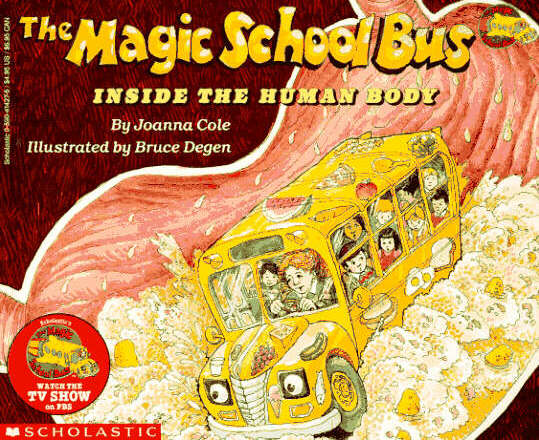
***The quiz is too big to embedd!
Here is the website to see it properly!For this weeks assignment, I researched online for a technology I thought would be interesting to try out. I ended up coming across
My Studiyo, which is a website that allows the creation of online quizzes, where multimedia devices can be incorporated. Overall, I thought it was very cool idea!
The first thing that struck me was that it was easy to make. Going into, I thought that an online quiz would just be more of a hassle, and not worth it. I was completely wrong! There were templates set up so that you could decide the them of the quiz. I found a notebook paper theme with flowers, which fit perfectly to my quiz subject of flowering plants. There were several others to choose from, and even plain themes to match any subject. After picking the theme, you titled the quiz and moved right into the questions. You could chose open ended questions or multiple choice, which is what I did. I input a question, then gave 4 possible answers, marking the correct one. It then gave you an option to add images, videos, or audio to the questions. I chose to use just images as I was just making an example. After I had a few questions, I decided to end the quiz. The option was given to add another multimedia device for the end, to be displayed when scores were given. After that, you just published the quiz, and that was it! It was so easy and I found many pros to using this system.
First of all, due to the allowance of creativity in this website, the online quiz could be used for virtually any age. The questions could be really easy such as 1+1, or even move into subjects such as genetics. This allows for teachers of all grade levels to explore the use of my studiyo and use it to their advantage. So many times people think technology should only be used for older students, where this website proves that idea wrong. The questions could be very simple, and the website is not hard to use at all. If anything, it is a great source to get young students feet wet in technology. They could learn to use the internet, or even really simple things such as how to control the mouse. Even on the opposite side of the spectrum, the students could learn about technology by making a quiz of their own. It really is an easy website to use, so it would not be a difficult task. This could help the students in two ways. One would be that they are learning to use the computer. By making a quiz, they are learning to use the internet, type, and search for pictures. Secondly, making a quiz teaches the subject matter. They may be making a quiz for another student to take, but as they make it, they learn the information. They have to come up with questions and correct answers,so they learn the material.
Another pro I found was the use of multimedia in the quiz. Obviously, any quiz can be done through paper and pencil. Yet, this is become rather boring and old fashioned. Any use of the computer nowadays makes assignments more exciting and keeps attention better. With this certain website, multimedia is incorporated, and easily incorporated at that. Just for my quiz I was able to find pictures of flowers and parts of flowers for each question. This can either give a hint to what the answer may be, or it could get them thinking more. For example, I ask what the function of the petals of a flower are, and put a picture of flower petals. This instance does not give a hint, but showing a picture may get them thinking. Maybe it is just my learning, but for a question like that I picture the petals in my head. Here, the petals are right in front of them so they only need to think about the picture. Using the pictures as a hint may seem too easy, but depending on grade level that may be a great way to help the students learn. Not only are pictures allowed in this quiz, but also videos and audio. I did not use this in my example quiz, but I could see how this may be beneficial. Again, the media can be used to probe thinking. Or it could be used to ask the question itself. For example, I could have included a video of bees carrying pollen from the stamens to the pistils, and then asked the process shown. The process would be pollination, and the students could see this process through the video. This makes it a lot more interesting than worded questions, and showing the video may make the students understand the concept better. Audio on the other hand, may be limited to only certain subjects. For example, the audio available would be perfect for a music based quiz.
Although I really liked this device, I found that there could be some cons. One may be it could be limited to certain subjects. All subjects could be used since you can ask any question, but it may not be worth it to make say a math quiz online. Simply because the multimedia may not be very beneficial, or even available. Math pictures would simply be not needed, so pencil and paper may be the better choice. So this website may not be the best choice depending on content matter and the need for media. Another con would actually be making the quiz. It was very easy to make, but because some written quizzes may already be made, some teachers may not change. They could be stuck in a routine of written out quizzes, and don't feel it is worth it to make a quiz online. Also, making a lot of quizzes online may not work out depending on the availability of computers. If students can only use the computers every now and then, online quizzes may not be worth it. Although it could be a nice change in routine.
Overall, I found this online quiz idea to be really cool. I had seen and heard of online quizzes before, but none based on the idea of media. I think the media use really adds something to the quiz, and promotes further thinking along the way.


















